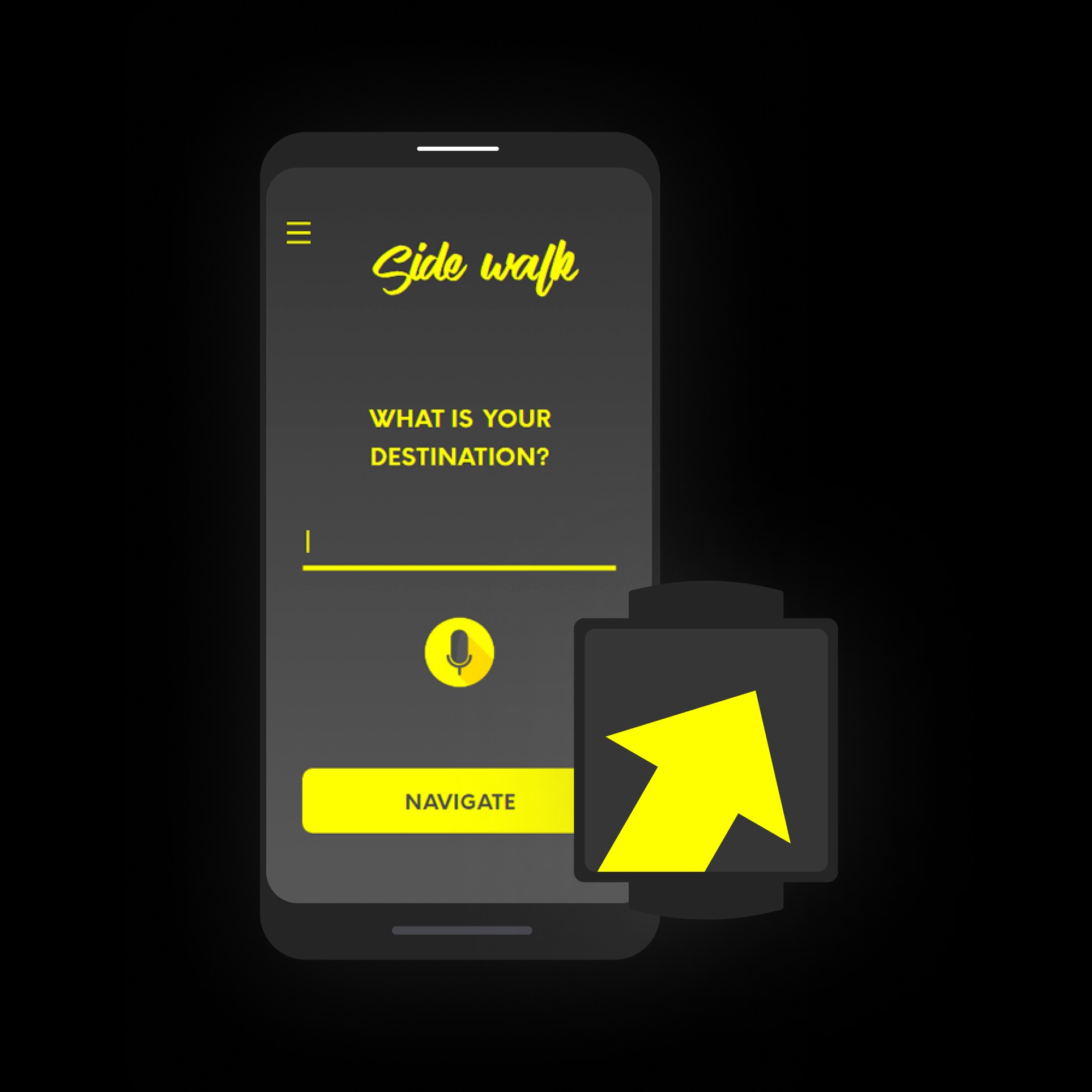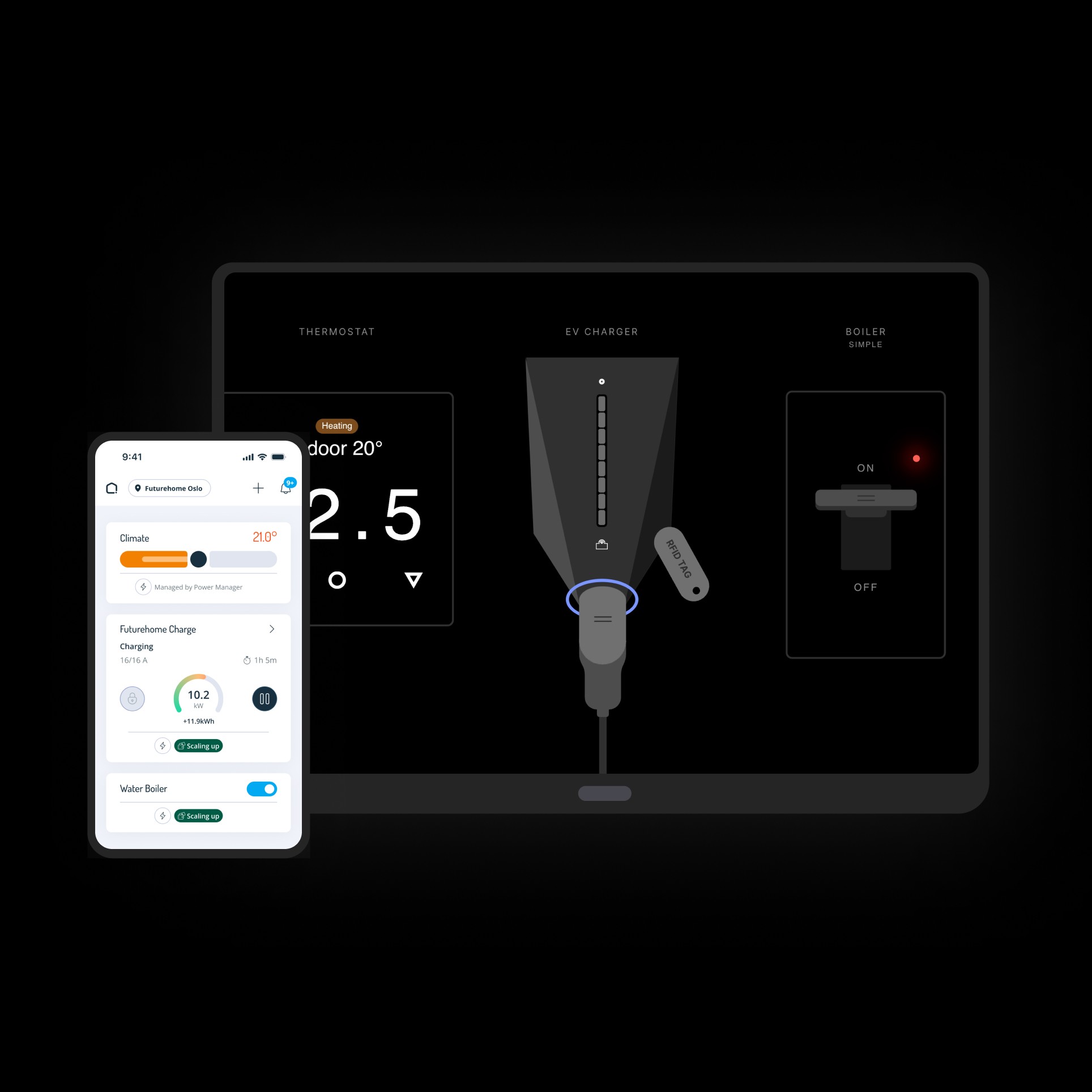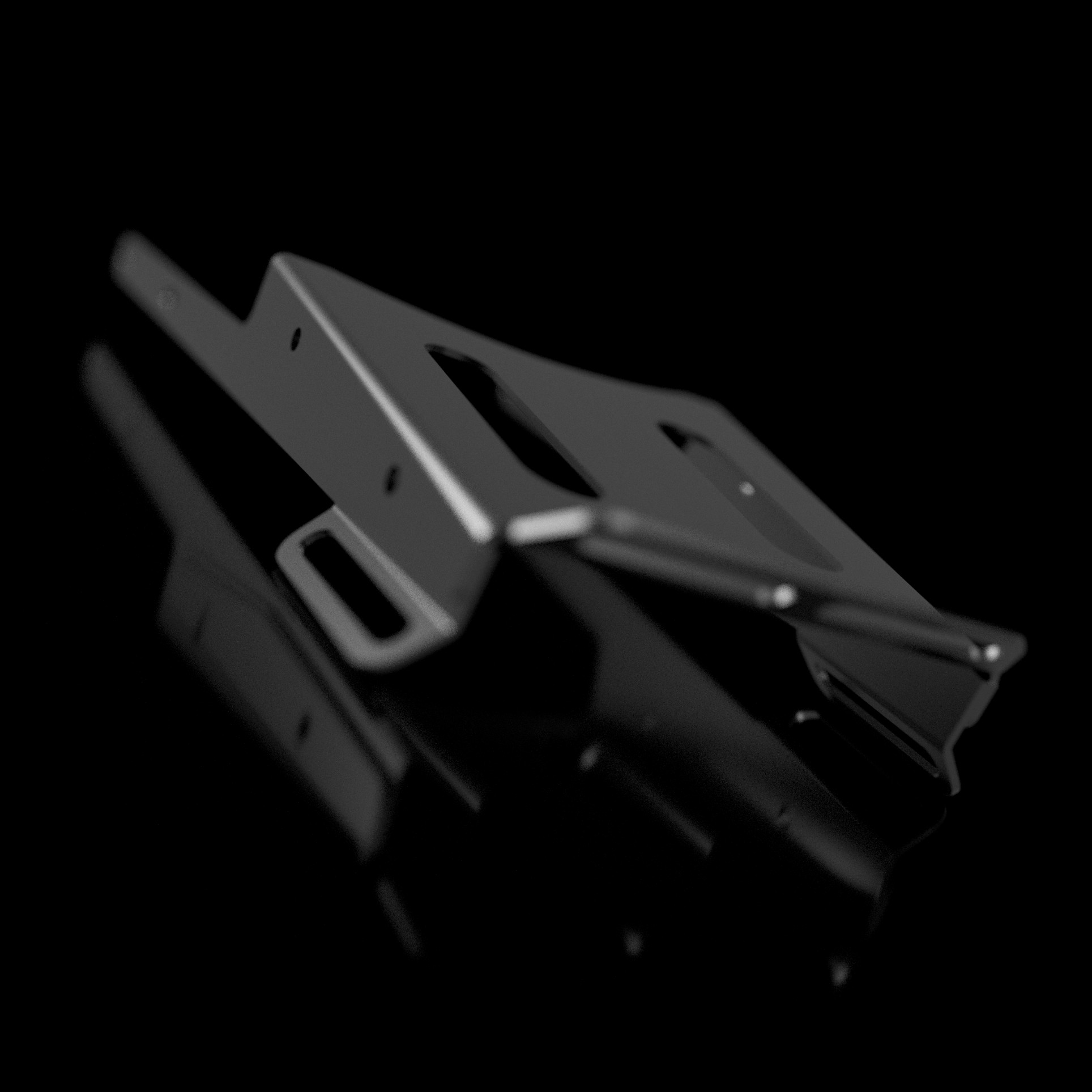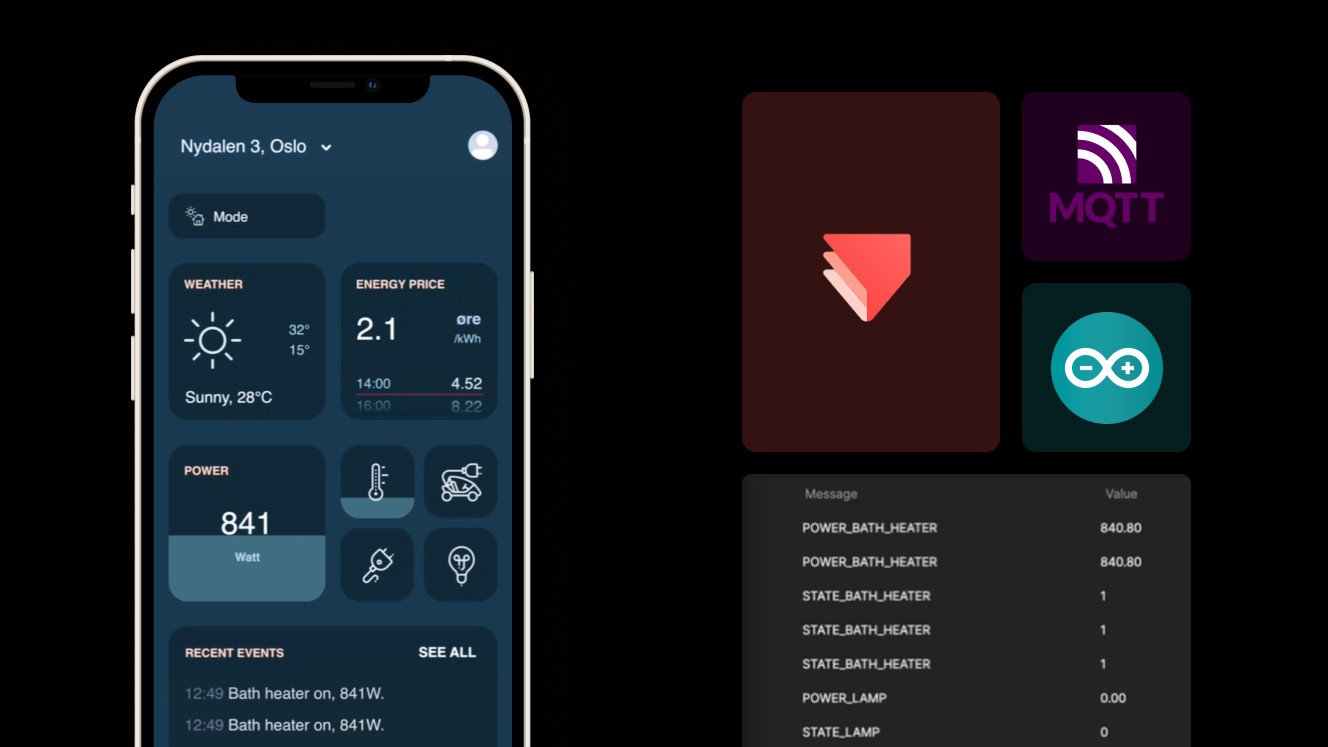Team with Edwin D’Mello, Roselinde Loeffen, Pinar Kesenci
Introduction
Sidewalk is a wayfinding application designed to guide Visually Impaired People (VIP) through an urban environment. With the help of smartphone and smartwatch sensors Sidewalk provides an effective way to navigate both indoors and outdoors with less cognitive load. The team designed, built and tested two prototypes with 4 VIP in a lab setting. The test provided preliminary evidence that magnetometer-based navigation with GPS and Bluetooth beacons can help users stay on their navigation path and be more aware of the dangers in the context that surrounds them. In this project we demonstrate the importance of early working prototypes that make use of the device’s sensors.
Process
With shared motivation in utilizing sensor technology for the benefit of people’s lives between me and the client and with personal experience on smart wearables [1] and smartphone applications [1][2] I developed two working prototypes for Android devices, tested indoors and outdoors with visually impaired people. Utilised android’s integrated step counter, magnetometer (electronic compass), gyroscope and bluetooth.

Smartwatch v0.1, first android prototype with step counter and magnetometer-based navigation

Smartwatch v0.9, the pre-final prototype with vibrations, visualizations and audio instructions. The text on top is only for debugging purposes.
Conclusion
The combination of smartphone, smartwatch and BLE beacons is an effective way of guiding visually impaired people through an indoors setting. The distribution of feedback over three modalities – tactile, audio and screen was also received positively as the users could understand the information. This suggested that using three modalities for feedback reduced cognitive load, thus helping visually impaired people move around without sensory overload.




